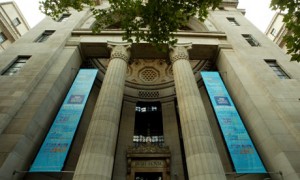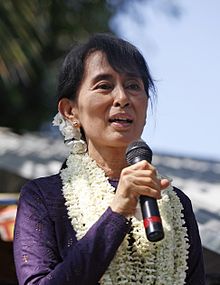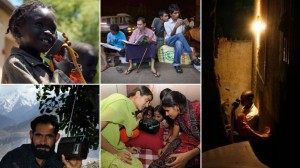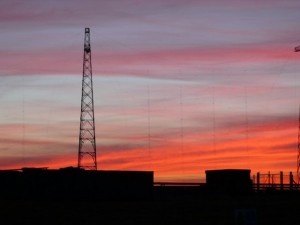(Source: London Evening Standard)
Thousands of fragments of BBC history, ranging from “on air” lights to a picture of Sir Paul McCartney broadcasting live to fans in Russia, are going under the hammer in a huge auction.
The lots are all from Bush House, the Aldwych home of the BBC World Service for the past 71 years, which the Corporation vacates tomorrow. Entire studios are among the items for sale and are expected to attract bids of up to £10,000.
Elizabeth Sewell, managing director of specialist auctioneers Peaker Pattison, which is handling the sale, said: “A lot of overseas radio stations are interested in buying the large studios such as S6, which is the one Paul McCartney used to broadcast to Russia. We’ve had enquiries from India, Pakistan and all across the former eastern bloc.”
Turntables and reel-to-reel tape decks in the auction have attracted huge interest from club DJs who use them for mixing dance tracks. Online bidding for the first 1,500 lots has already started and will end on July 25. A second tranche of lots will be sold in September. The highest bid so far is £910 for a Steinway baby grand piano.
Many of the lots reflect the huge diversity of cultures represented at Bush House, where 68 language services were broadcast, ranging from Maltese to Welsh for Argentinian Patagonia.
They include maps of India, Mexico, central Africa and the main theatre of the Second World War, as well as a painting of the BBC motto “Nation Shall Speak Peace Unto Nation”.
As well as the former Beatle’s famous 1989 broadcast, there are photographs of Mikhail Gorbachev, Bob Geldof, Charlton Heston, Sir Bobby Charlton and Yes Minister actor Paul Eddington.
Staff at Bush House have now relocated to the newly refurbished Broadcasting House in Portland Place. The BBC European Service moved into Bush House in 1941 after bomb damage at Broadcasting House, followed in 1958 by the rest of the Overseas Service.[…]
Read the full article at the London Evening Standard.







